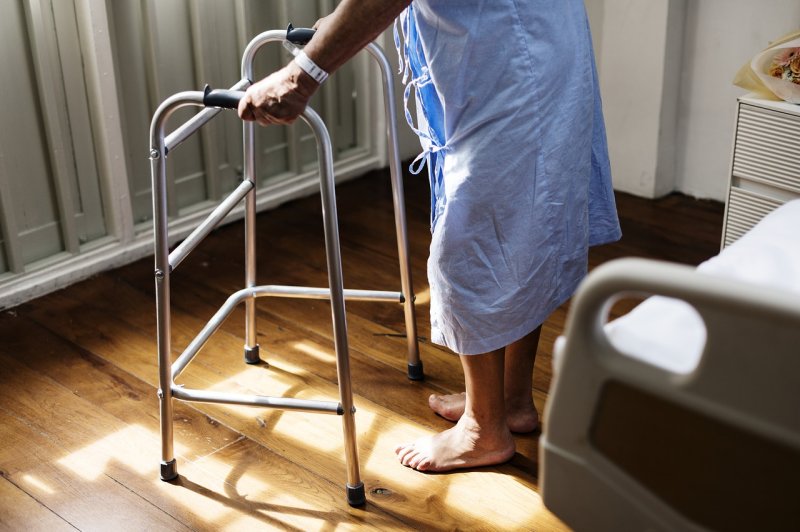Jan. 26 (UPI) -- Older adults who have elective surgery are twice as likely to experience delirium as older, not-as-frail patients, a Canadian study published Friday indicates.
Researchers at Toronto's St. Michael's Hospital pinpointed frailty and cognitive impairment as risk factors for delirium.















